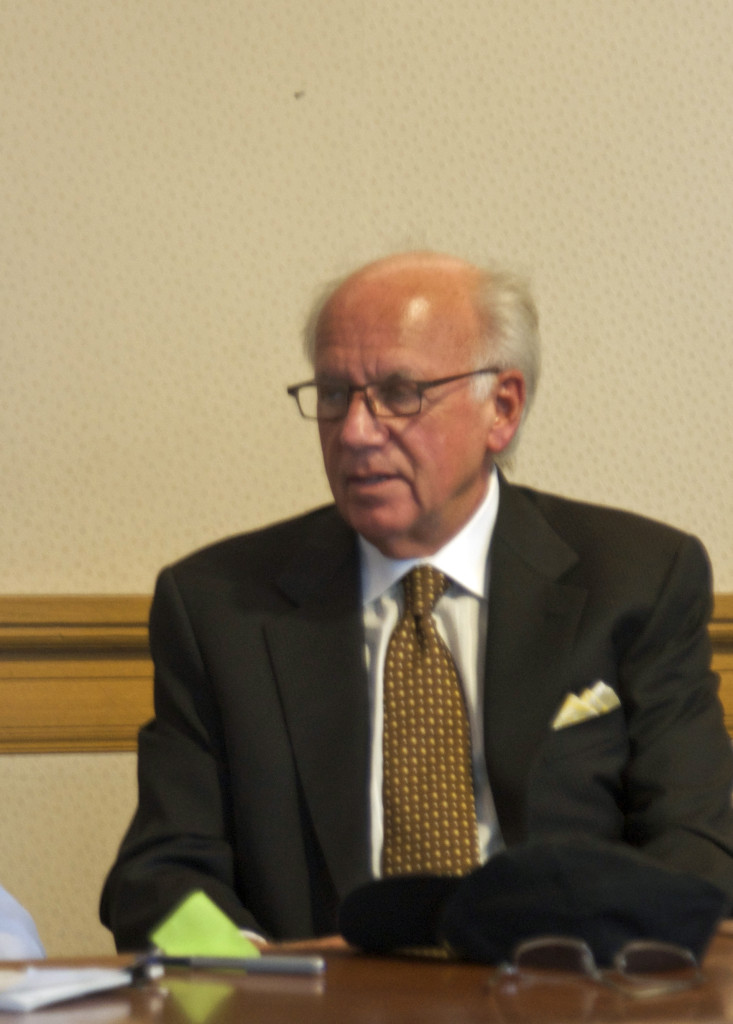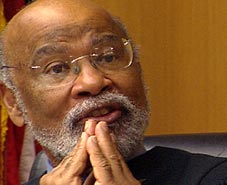OPD Makes Significant Progress, But City Still Fails to Punish Police Misconduct
Nov 15, 2014
Posted in Police-Public Safety
By Ken Epstein
The Oakland Police Department is continuing to make significant progress on the reforms required by Federal Judge Thelton Henderson as part of the Negotiated Settlement Agreement (NSA) that came out of the infamous “Riders” police abuse case 11 years ago.
However, the court is raising serious concerns and has begun an inquiry into the city’s failure to discipline officers who are found guilty of serious misconduct, according to the Oct. 30 report of Independent Monitor Robert Warshaw.
During a recent visit to Oakland, Warshaw wrote, “The court expressed its dismay with the recent reinstatement of an officer whom Chief (Sean) Whent had terminated, and with the city’s poor performance in other recent arbitrations – several of which also overturned terminations of officers who had been sustained for serious misconduct.”
Warshaw questioned “whether defendants are adequately preparing cases for arbitration such that consistency of discipline can be assured to the greatest extent possible.”

While emphasizing seriousness of the failure to discipline officers, he also praised the improvements OPD has made with the backing of the police chief, city administrator and mayor.
“The department has benefitted from the leadership of Chief Sean Whent, whose commitment to the NSA and the future of the agency has been unwavering, “ he said.
“Mayor Jean Quan’s support – and that of interim City Administrator Henry Gardner – has been an essential ingredient in the advances the department has made.”
Warshaw noted the two cases in particular raised concerns over the city’s handling of police discipline.
“One case involved a captain who struck a person twice after he had received a Taser shock and was lying on the ground,” Warshaw wrote.

“In addition, in clear violation of OPD policies for reviewing such videos, the captain obtained a copy of the (body camera) video of the incident that had been generated by another officer.”
The discipline originally recommended was demotion to rank of lieutenant. But a pre-disciplinary hearing handled by a retired police chief recommended that the captain should receive counseling but no other discipline.
Chief Whent considered the hearing result but ordered a 10-day suspension. “(However), the City Administrator overruled the chief and approved only counseling,” Warshaw wrote.
“The result of this case was that a senior command officer – who should be expected to be a leader in proper use of force – received less discipline than his subordinates would expect if they did the same thing,” he wrote. “ As a senior commander, he should be expected to perform at a higher level than his subordinates.”
A second case involved “an officer who tossed a flash-bang grenade into a crowd of people trying to help a citizen who was lying in the street after being shot in the head and injured by a beanbag round during an Occupy Oakland
demonstration.
“Tossing the grenade into their midst had no legitimate police purpose – and could only have been a malicious act intended to frighten or scare the people trying to help the man,” wrote Warshaw.
“The officer was appropriately terminated by OPD and city, but the arbitration hearing resulted in an order that the officer be reinstated,” he wrote.
“The system clearly failed to produce a proper result, and it cannot be said that discipline is consistently imposed.”
Warshaw continued: “Both cases were appropriately handled within the department.
“The City of Oakland, however, failed in both.”
